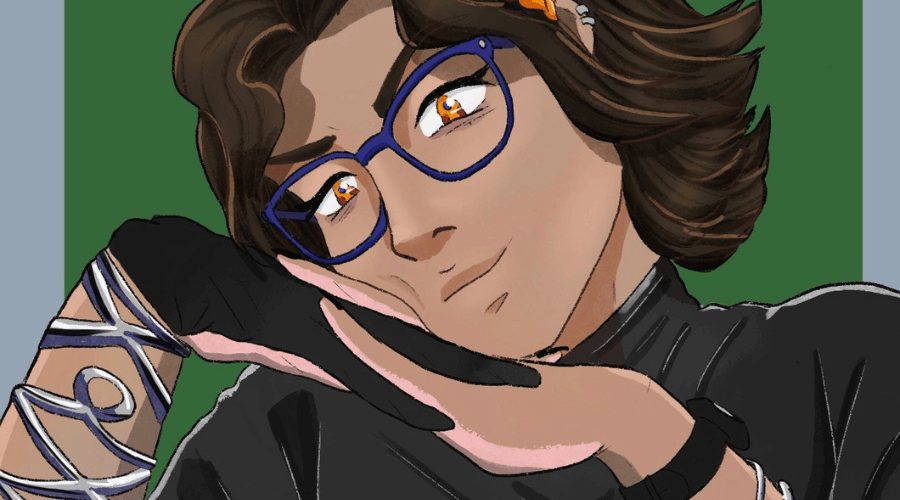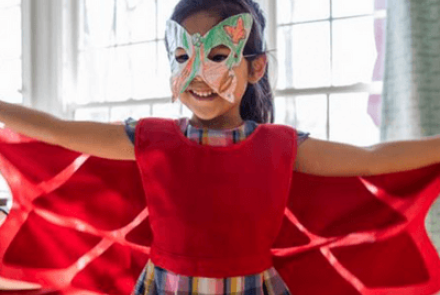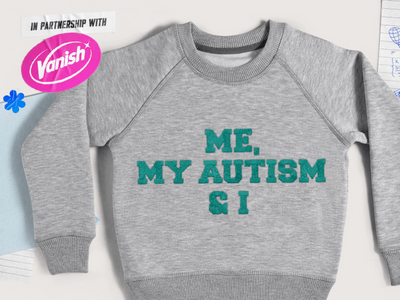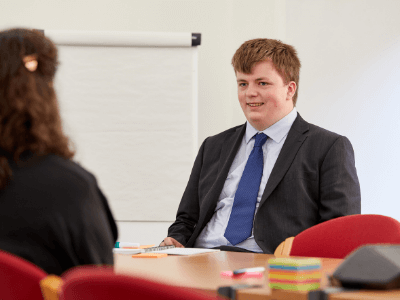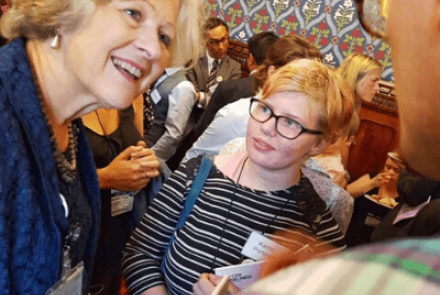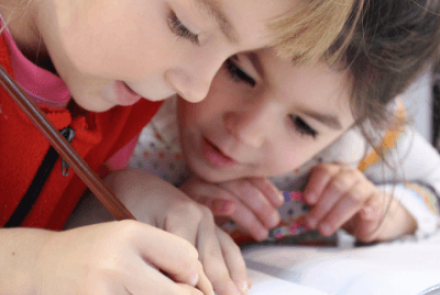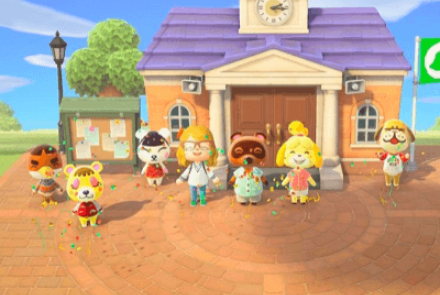What it’s like to be an LGBTQ+ autistic teenager
There are a lot of advantages growing up in Britain and being both autistic and LGBTQIA+. For one, we have laws which accept and protect our human rights – although trans rights are under threat. For another, we have the NHS, although child and adolescent mental health services (known as CAMHS) are certainly infamous for being defunded and unhelpful. It reminds me of the metaphor of a double-edged sword, there will always be downfalls to positive systems and solutions.
Here are my thoughts on what it was and is like for me, growing up British, autistic, and queer – as well as some of the experiences of people I know. Being different to the general population is not my choice, and it can be very hard. I am an autistic teenager, and I am agender aromantic asexual, meaning I have no gender and no romantic or sexual attraction to people, which is about as opposite to the average person as possible. Naturally I’ve faced hardships, but I’ve also had a generally pleasurable existence. However, my experiences also differ greatly from that of my friends.
Supporting autistic and LGBTQ+ pupils in school
I previously identified as bi, but I was never targeted at school. Any time I’ve come out, students and teachers have been very understanding and accepting, but the anxiety leading up to doing so is always strong. I worry about having to answer questions I don’t know the answer to or having to justify my existence.
I think at this point homophobic bullying has gone out of style. I’ve identified as aromantic asexual for over three years now and I’ve never felt more comfortable and confident. Kids and adults tend to accept that more, or they’ll make insensitive comments which never really hold malice. Love is part of the human condition, and I think we all understand it to a degree, so it’s easier to understand when someone feels attraction and doesn’t align with the ‘default settings’.
However, gender is a much larger issue which some people can find it harder to relate to. I came out as agender in 2022, but my gender was already recorded as cis on the school system. I tried to get it changed but my system doesn’t recognise non-binary gender, which felt like a punch to the heart when I found out. Schools tend to only change the names on the register and gender if parents are involved and supportive of the young person, which is hard if someone comes from an unsupportive home.
Representing autistic and LGBTQ+ people in the media
Media representation is very important. Without it, individuals can feel they lack value and so mistakenly think they are unworthy of representation. I have never seen an agender character in the media before and I have only seen one aromantic character in a video game. People need to understand the sheer breadth of the LGBTQIA+ community and think beyond just gay, bi, trans, and non-binary characters. When it comes to autistic characters, I have rarely seen faithful portrayals of who we are, and some representations have in fact led to harmful, boxy stereotypes. This can lead people to categorise us as white middle class boys and either ‘high’ or ‘low’ functioning, which we find offensive. There are so many of us and so much people just don’t understand.
On a positive note, I have never felt unsupported by the autistic or LGBTQIA+ communities. We neurodivergents seem to just get each other and be able to understand each other’s experiences. The other difference we have, namely queerness, allows us to be especially accommodating as we understand what it’s like to be disrespected and don’t want to continue the vicious cycle. I’m always immediately excited to talk and relate with other autistic and queer folk, especially both. The similarities and comparisons and range of topics of conversation are never ending and just so exciting to explore. Being autistic for me means being honest, though I can mask my emotions at times. But I do try to be my authentic self and not hide who I am.
Accommodating LGBTQ+ and autistic people
From my perspective, the main barriers getting in the way of positive change are people not wanting to respect us or taking the time to try to understand and simply accept us. Accommodating queer and autistic people is often simple. All we ask for is to be heard, not infantilised and treated with decency.
If I could give one piece of advice to a younger person of the LGBTQIA+ community who think they might be autistic, it would be to get diagnosed. It will help you understand yourself. You’ll be able to label autistic behaviours and the best feeling in the world is not to just be understood, but to understand oneself.
About the author
Josephine is a 17-year-old A-Level sixth form student. They are studying for their A-levels and in their spare time they make art, write poetry, and are planning to write a book.
Vanish are donating 25p from every pack of Vanish Gold Range sold in UK Asda stores between 29th March and 18th April to Ambitious about Autism, to help create a world where autistic girls and young people are heard, included and supported.
Vanish have provided neurodiversity training to their employees and talent and acquisition teams to establish more inclusive hiring policies. Alongside the creation of an internal neurodiversity handbook. They will also offer employee volunteer days with Ambitious about Autism to continue to build an ongoing relationship, having committed to 3 years of activity for World Autism Acceptance Week.
Vanish is committed to helping clothes live longer and believe that every garment you own should bring you comfort again and again. Find out more about our #Rewear fight here.

